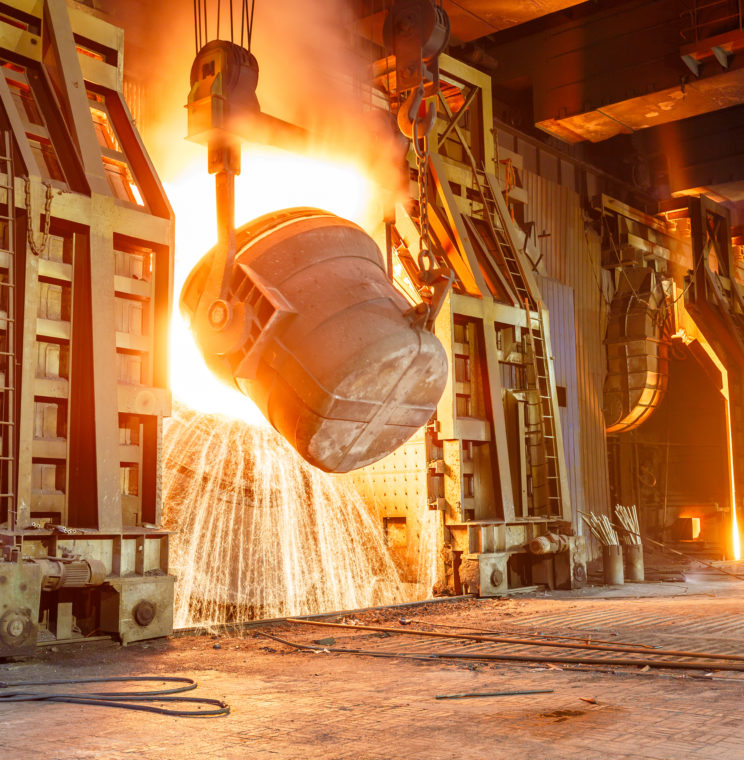Impact of future energy prices on competitiveness of industry in the Netherlands
International price differences are currently relatively limited for oil and coal. For electricity and gas, price differences are more pronounced. In a future world where the energy mix consists exclusively of renewables, international energy price differences are likely to be limited. To ensure the future competitiveness of Dutch industry, it is desirable to increase national renewable energy production and minimise the transport costs of energy flows to be imported. In addition, the government may be able to support industry during the transition to a carbon-neutral economy.
In this study, commissioned by the Ministry of Economic Affairs and Climate Change, we investigated whether it is plausible that the energy transition will create greater differences in energy prices between countries and what the consequences of this will be for the competitive position of Dutch industry.
Research method
We first looked at the current prices of the most common energy products for industry, namely: electricity, natural gas, coal and oil. As for the future, we looked at the prices for renewable electricity and hydrogen, as we expect that industry will mainly consume electricity and hydrogen (or hydrogen-based energy carriers) by then. In mapping current and future energy prices, we distinguished between the Netherlands, the EU and the rest of the world. We compared regions to see where energy prices are comparatively low or high and why this is so. Regions characterised by relatively low energy prices in the future will enjoy a competitive advantage.
Conclusion
Based on our analysis, it can be said that international price differences are currently relatively limited for oil and coal. For electricity and gas, price differences are more pronounced. In a world where the energy mix consists exclusively of renewables, international energy price differences are likely to be limited.
Producing locally
To remain competitive, it is desirable to produce as much (renewable) energy locally in the future as this saves transport costs. However, imports of clean energy are expected to be necessary as there are insufficient possibilities to generate all energy demand locally. Therefore, in this study we also looked at possible attractive transport routes of clean energy.
Support
Finally, we examined whether it makes sense to support industry during the energy transition. We conclude on the basis of our analysis that there are sufficient future prospects for the industry to justify support from the government during the transition process.
For more information, read the research report in Dutch (pdf).

28 October 2022
2 minute read
Key Experts
Kurt Kreulen
Consultant
Maurice Thijsen
Senior Consultant



